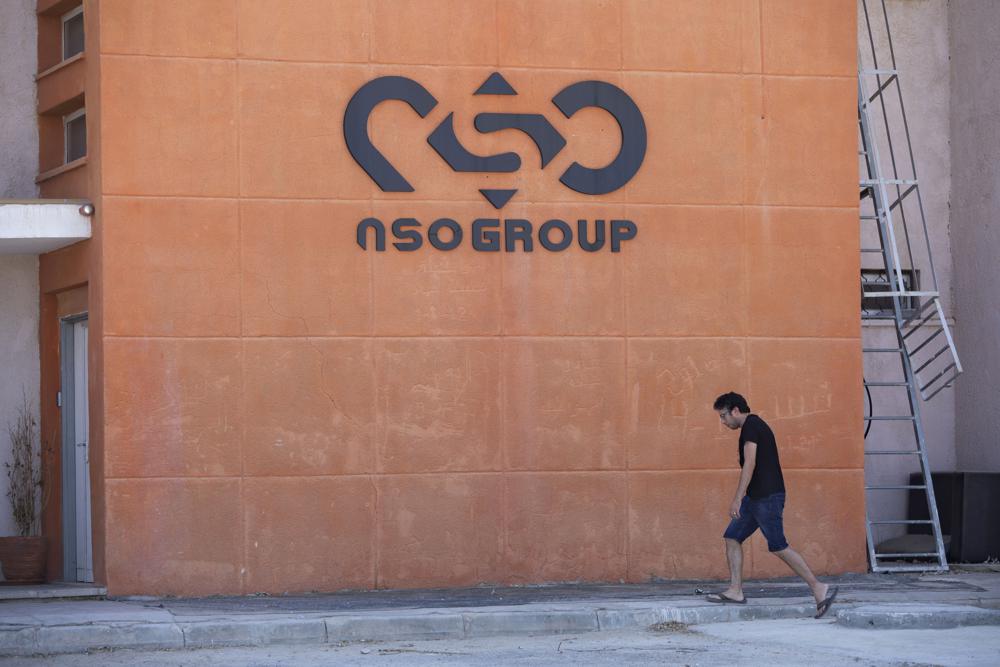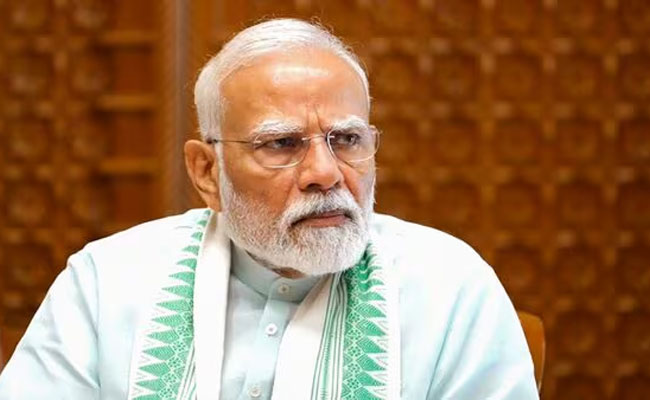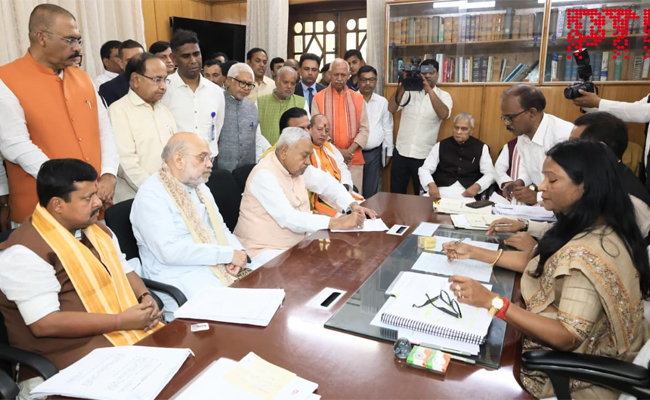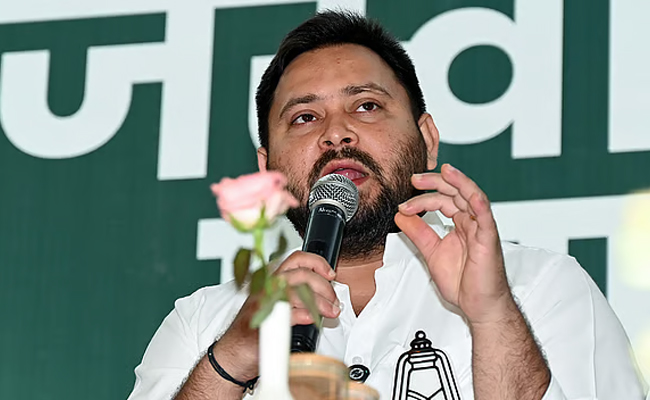Washington, Dec 4: The phones of 11 US State Department employees were hacked using technology from Israel's NSO Group, the world's most infamous hacker-for-hire company, a person familiar with the matter said Friday.
The employees were all located in Uganda and included some foreign service officers, said the person, who was not authorised to speak publicly about an ongoing investigation. Some local Ugandan employees of the department appear to have been among the 11 hacked, the person said.
The hacking is the first known instance of NSO Group's spyware, known as Pegasus, being used against US government personnel.
It was not known what individual or entity used the NSO technology to hack into the accounts, or what information was sought.
We have been acutely concerned that commercial spyware like NSO Group software poses a serious counterintelligence and security risk to US personnel, White House press secretary Jen Psaki said at briefing Friday.
News of the hacks, which were first reported by Reuters, comes a month after the US Commerce Department blacklisted NSO Group, barring US technology from being used by the company.
And Apple sued NSO Group last week seeking to effectively shut down its hacking of all iPhones and other Apple products, calling the Israeli company amoral 21st century mercenaries."
The State Department employees were hacked on their iPhones, the person familiar with the matter said.
NSO Group said in a statement that it had terminated the relevant customers' access to its hacking system, but did not say who the customers were. The company said its spying technology is blocked from hacking phones based in the US and only sells to licensed customers.
NSO has no way to know who the targets of the customers are, as such, we were not and could not have been aware of this case, the company said.
In announcing the lawsuit, Apple sent out notifications globally to people whose iPhones were hacked with Pegasus in countries ranging from El Salvador to Poland. The targeted State Department employees were among them.
Apple declined comment Friday on the Uganda hacks.
Marketed to governments for use solely against terrorists and criminals, Pegasus has been abused by NSO customers to spy on human rights activists, journalists and politicians from Saudi Arabia to Mexico, including such high-profile targets as the fiancee of Jamal Khashoggi, the Saudi journalist murdered in his country's consulate in Istanbul.
NSO Group has been broadly denounced for allowing such targeting, and its placement on the Commerce Department's "entity list last month was the first time a company outside of China had been added over human rights violations, said Kevin Wolf, an attorney at Akin Gump and former top commerce official in the Obama administration.
Analysts wonder whether NSO Group can survive financially under such circumstances. Last week, Moody's downgraded NSO Group's financial outlook to negative, saying it risked defaulting on more than USD 300 million in loans as a result of high uncertainty of its ability to sell new licenses. It said NSO Group, which is privately held, has about 750 employees with 60 customers in more than 35 countries.
The impact on companies blacklisted by the Commerce Department, about half of which are Chinese, is often far broader than barring them from using US technology.
Wolf said many companies choose to avoid doing business with them completely in order to eliminate the risk of an inadvertent violation and the legal costs of analyzing whether they can.
NSO Group was asked by The Associated Press prior to Friday's news whether it could survive as long as it is on the entity list. While not directly responding, it said it was working on all appropriate channels to reverse the Department of Commerce's decision.
Let the Truth be known. If you read VB and like VB, please be a VB Supporter and Help us deliver the Truth to one and all.
New Delhi (PTI): Prime Minister Narendra Modi on Thursday called for a "swift end" to the conflicts in West Asia and Ukraine, saying no issue can be resolved through military confrontation.
Modi made the remarks after holding wide-ranging talks with Finnish President Alexander Stubb.
"India and Finland, both, believe in the rule of law, dialogue, and diplomacy. We are in agreement that no issue can be resolved through military conflict alone," he said. "Be it Ukraine or West Asia, we will continue to support the swift end of conflicts and every effort towards peace," Modi said in his media statement.
ALSO READ: Baramati plane crash: CID questions VSR Ventures owner
In the talks, the two sides also agreed to accord India-Finland relations in digitalisation and sustainability as a strategic partnership.
"This partnership, from AI to 6G telecom, from clean energy to quantum computing, will give momentum and energy to our cooperation in many high-tech areas," he said. Modi said the India-EU free trade agreement will bolster trade ties between India and Finland.
"This agreement will further strengthen trade, investment, and technology cooperation between India and Finland," he said.
Finnish President Stubb began a four-day visit to India on Wednesday with an aim to shore up bilateral cooperation across a wide spectrum of areas, including trade, investment and critical technology.





